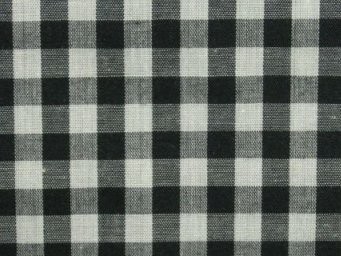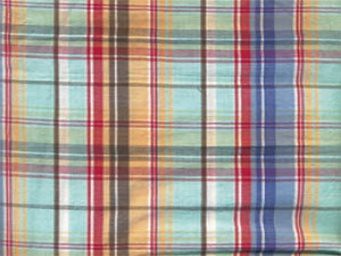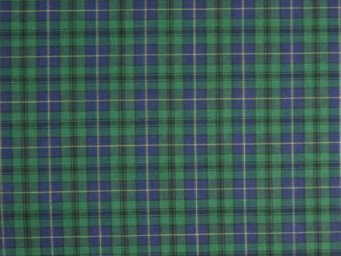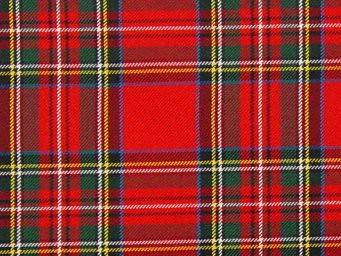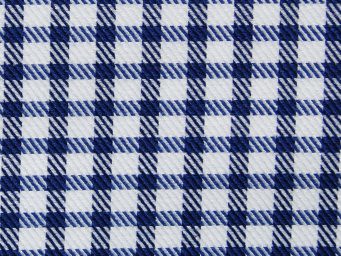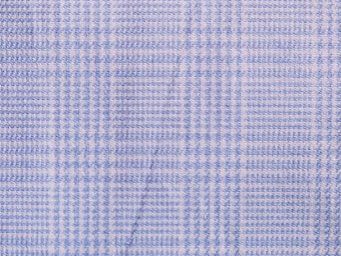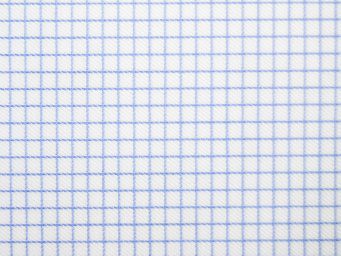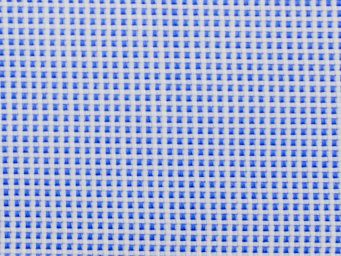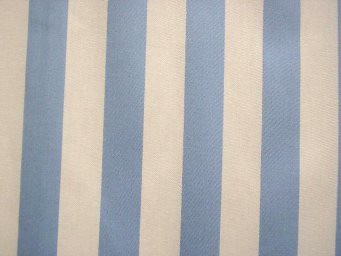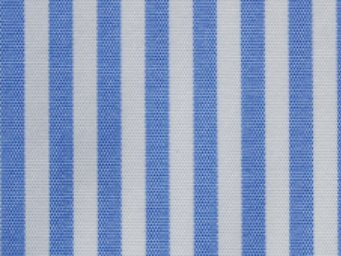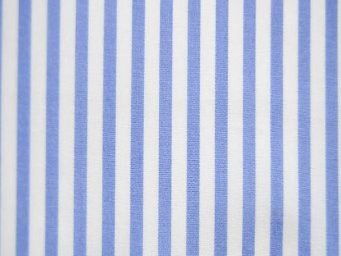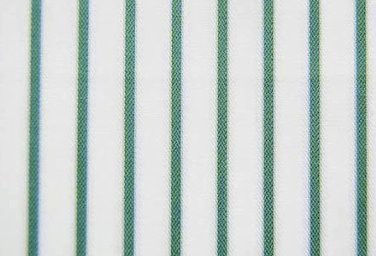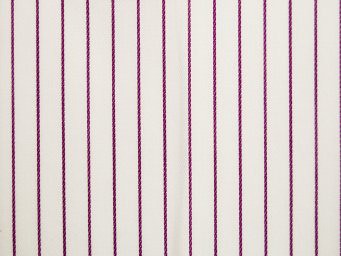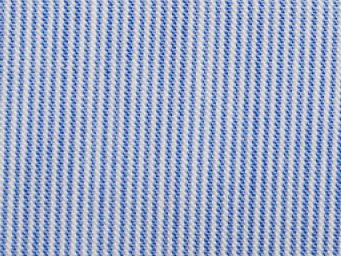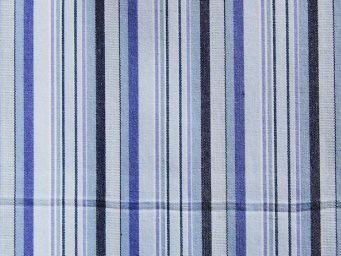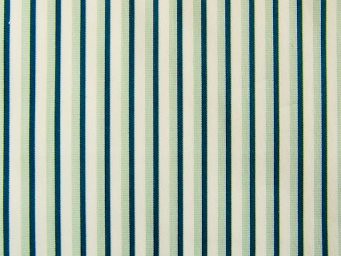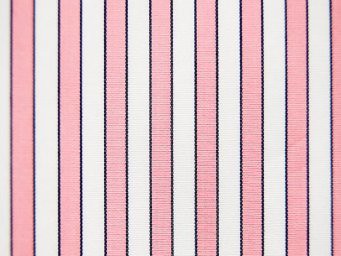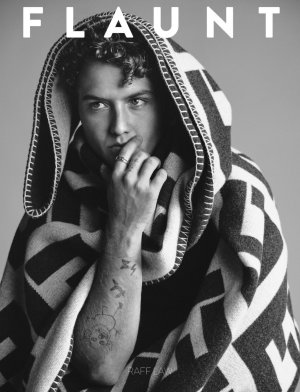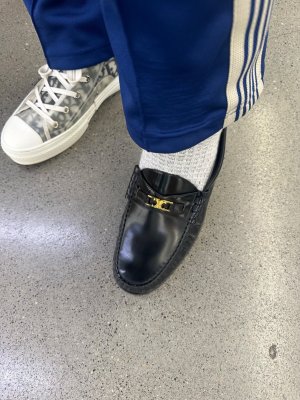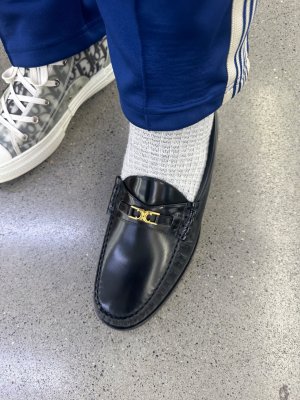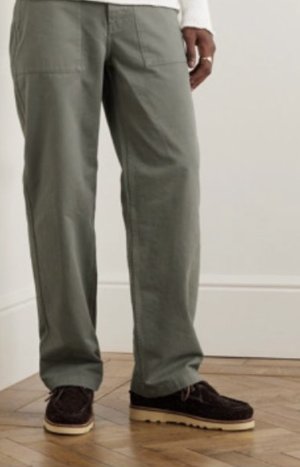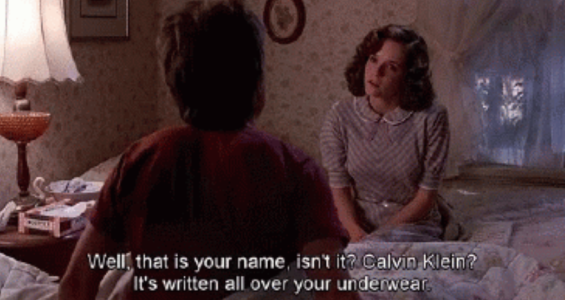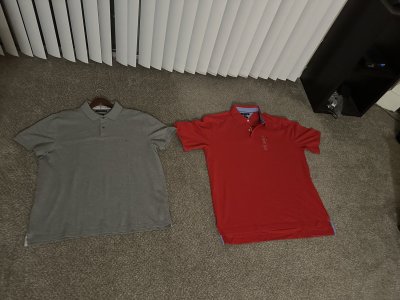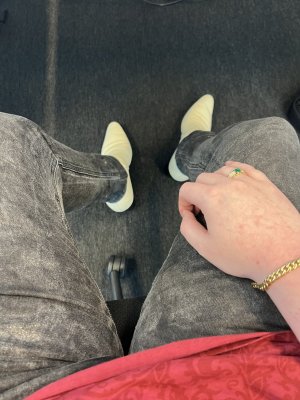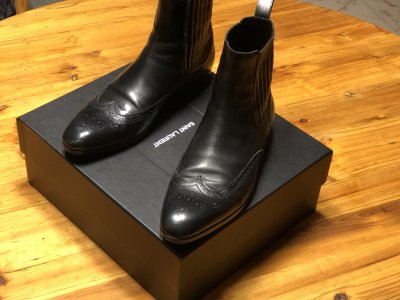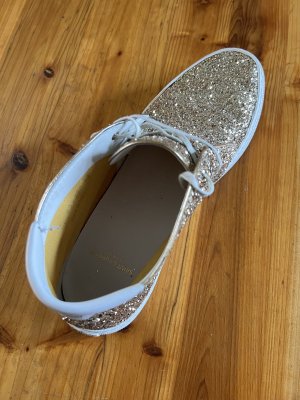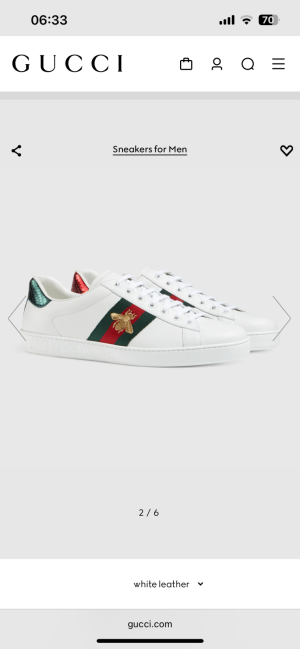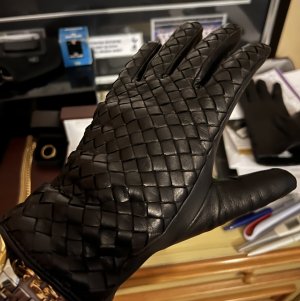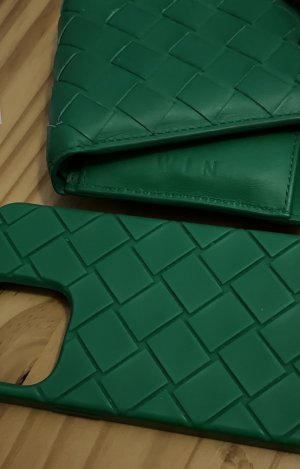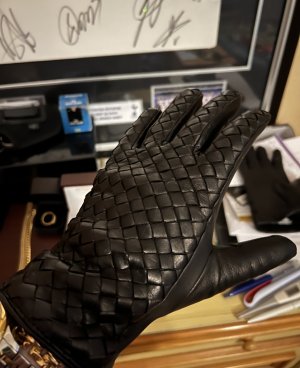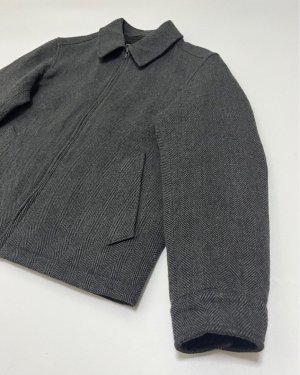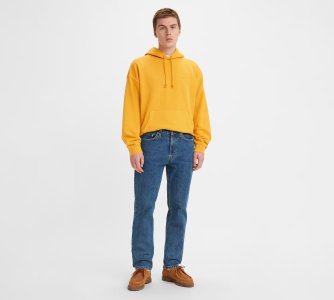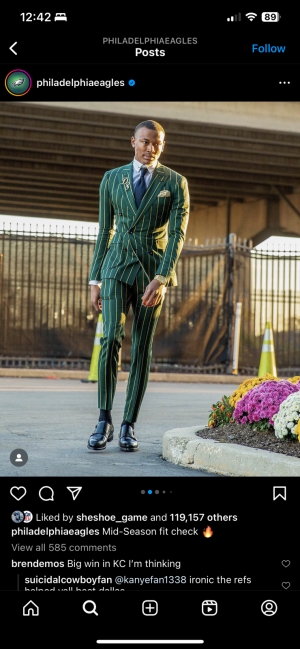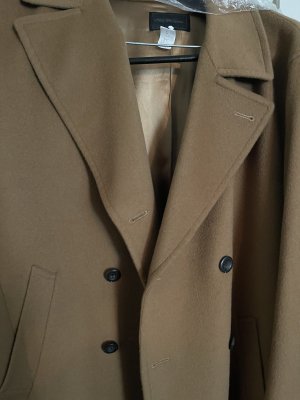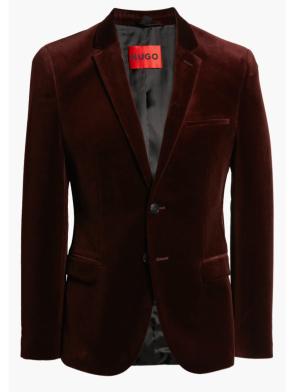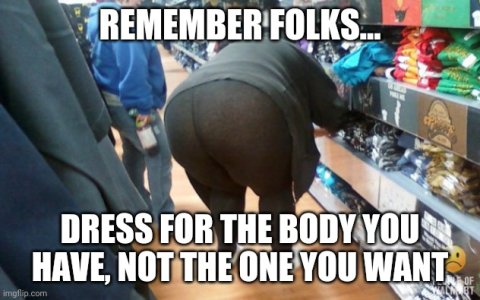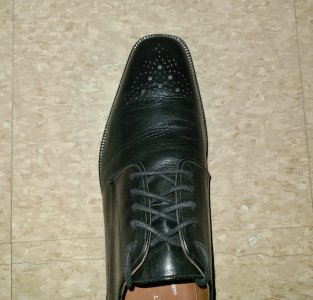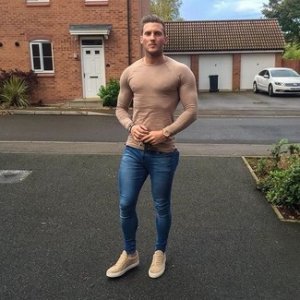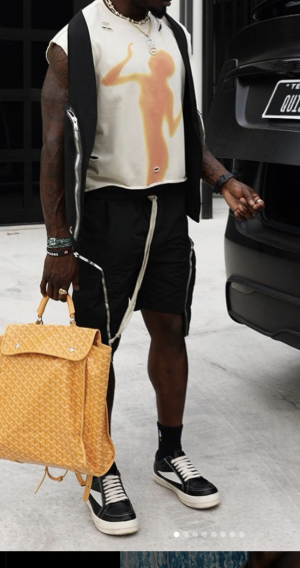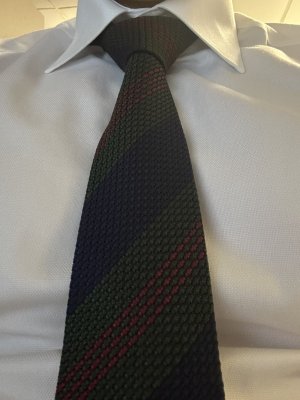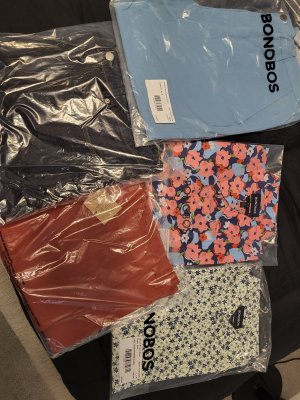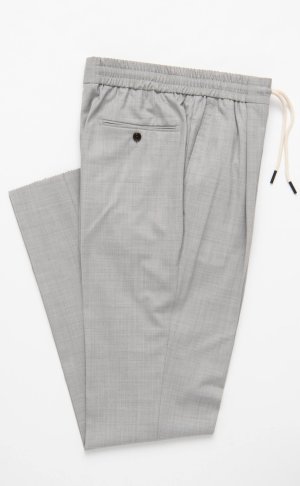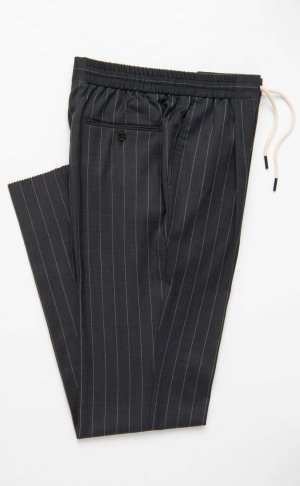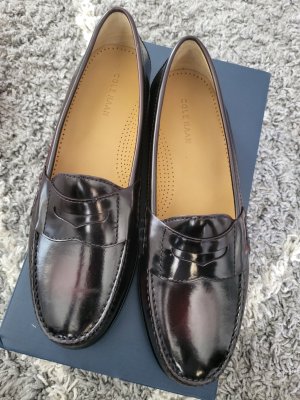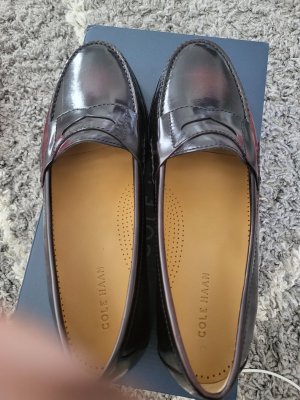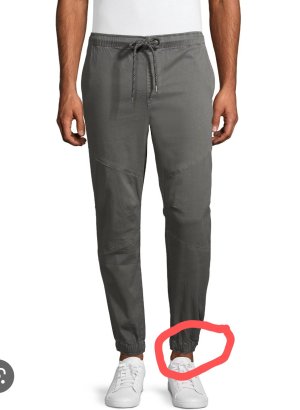A NEW BEGINNING?
#SOON
#THERETURN
#LETTHELORDBEWITHYOU
The Collective Blog
http://ntscollective.tumblr.com
here's an overview, courtesy of wj4
Introduction: While a well fitting suit should be the foundation of a man’s wardrobe, “dressing better” does not mean you have to wear suits every day. The purpose of the thread is to assist you in creating an aesthetic around classic/timeless inspired items. Fashion is fickle, it changes. Styles are forever. Ideally, we want you to develop a look you can wear 5 or 10 years from now. In addition to this thread, we want members to gain exposure via blogs, magazines, etc. to different types of styles and create a look they can be comfortable in because confidence is the best thing you can wear.
We encourage members to participate, however we do ask everyone to be respectful and keep the thread positive. Members who do not follow the protocol will be reported accordingly.
From assessing the former thread in addition to this thread, it appears that the major demographic is in the age bracket of late teens to late 20s. Given that we know who the major demographic consists of, we will focus the post around the group. This post will cover basic information that is often asked. If your question is not answered here, please feel free to make a post and ask!
Some of the members’ favorite shops include: Banana Republic, J. Crew, Zara, H&M, Uniqlo, Levi’s, Gap, Target, and Macy’s.
**If you are starting off fresh AKA redoing your entire wardrobe, we recommend starting off with colors and patterns that are versatile. You should stick with colors like blue, gray, and beige and patterns that are mundane than flamboyant such as gingham and vertical stripes (Please see below for a comprehensive of different types of patterns for shirts). While the colors of blue, gray, and beige may appear to be limiting, your choices are surprisingly vast. For example, let us use navy blue as an example. There are a plethora of hues that fall under navy blue; on one end you have a slightly deep royal tone, and on the other end, you have a very dark blue that is almost black.**
1. SUITS
Your first two suits should be navy and dark gray. What suit you should buy first? That is ultimately up to you. The reason being is that these two colors are very versatile, and can be mixed with each other to create new looks. Navy is timeless, in almost all cultures. Dark gray is versatile and close enough to black to wear to more formal events. Both look good with nearly every other color under the sun. Given our demographic, it is recommended you go with a modern 1 or 2 button jacket for the suit.
Suit sizing: Suits will come in sizes such as 38R, 40S, 44L. The first number refers to chest measurement, and the S, R, L refer to Small, Regular, Long (respectively). A 38S, 38R, and 38L will all fit the same width-wise, but the Regular will have longer sleeves than the Small, and the Long will have longer sleeves than the Regular.
If your chest is in between size, you should get one that fits you well in other places such as the shoulders, arm width, length of the jacket. You can always have a tailor take in the width of the jacket and other minor tweaks.
The traditional train of thought is that the jacket is supposed to be long enough to cover your rear, but there is actually no set length. The length of the jacket should be proportional to your height. You may want to ensure that the jacket is not too short though, or else it may seem too fashion forward, unless that is what you are going for.
If you are buying your first suit, you may want to skip functional buttons on the sleeves. This means that you can actually button/unbutton the buttons from the holes. The reason is that if you need to shorten/lengthen your sleeves, it is extremely harder with functional buttons.
For the length of the jacket’s sleeves, it is up to your preference. Some prefer the length to be just as long as their shirt sleeves so nothing show. Others prefer to have the length just cover the wrist bones so ¼ to 1 inch of the shirt under shows through. Some want a more dramatic effect with a lot showing. The following will show practically from no visibility, a bit visibility, and dramatic visibility.
No visibility:
http://s7d4.scene7.com/is/image/BrooksBrothers/MK00005_NAVY_1?$ProductImages$
A little:
http://s7.jcrew.com/is/image/jcrew/25269_BR6878_m?$pdp_fs418$
Dramatic:
http://s7d4.scene7.com/is/image/BrooksBrothers/MK00006_TAN?$ProductImages$
For trousers, we want to accomplish a slim and flattering silhouette here, not skinny or baggy. To establish the look, it is best to have minimal break or no break at all. This means that you should not have excess material of your pants bunching up on your shoes/boots.
These are good:
http://s7.jcrew.com/is/image/jcrew/91031_BR6878_m?$pdp_fs418$
http://s7.jcrew.com/is/image/jcrew/16561_GY6480_s?$pdp_fs418$
http://i47.tinypic.com/33zd75g.jpg
This one is bad, too much material bunching on top of the shoes:
http://i45.tinypic.com/358rryq.jpg
2. SHIRTS
There are two categories here: Dress shirts and sport shirts. Dress shirts are more formal, the length is usually longer. It is long enough to cover your entire rear because it is meant to be tucked in. There are slots under the collar to insert collar stays. Use collar stays to keep your collars straight and from bending. Sport shirts are more casual, usually shorter in length which is meant to be worn untucked.
Dress shirts may come in regular sizes such as small, medium, and large. They may also come in sizes such as 14.5 x 33, 15 x 35. The first number indicates the measurement around the neck, and the second number shows the measurement from the shoulder down to the arm.
How do I know if my shirt fits properly? The sleeves should be long enough that they cover your wrist bones, but they should not be passing the meat of your palms. This is a good example of an appropriate length:
http://25.media.tumblr.com/tumblr_m7l9sdivTA1qad1efo1_500.jpg
You also want to have a slim fitting silhouette overall. You do not want to have a spandex tight fitting shirt, or a shirt that makes you look bloated. The key is slim fitting that gives you a bit of room for movement. A good test is that the buttons on your shirt should not be prying apart when you sit down.
Something like this is most likely too tight around the width:
http://s7.jcrew.com/is/image/jcrew/53368_GY6104_m?$pdp_fs418$
Something like this is too baggy and loose:
http://www.robbinssports.com/images/port-authority-TLS608-tall-long-sleeve-easy-care-shirt.jpg
This is a better alternative as you have a bit of fabric to allow for movement:
http://s7.jcrew.com/is/image/jcrew/48447_BL8595_m?$pdp_fs418$
When buying a shirt, the most important aspects are to ensure that the length of the sleeves fit you properly and the circumference of the neck fits you well. You should be able to just stick a finger in between your collar and neck when all the buttons are buttoned. If the width of the sleeves is too baggy or the width of the shirt itself is too loose, a tailor can easily take care of that for you for a relatively low cost.
Accessories:
If you plan on wearing a tie with your suit, it is best to make sure that the widest point of the tie is at or near the same measurement as the lapel’s width on the jacket to stay in proportion. Example: Wearing a skinny tie with a suit that has 4” lapel will look weird because nothing is in proportion.
Example: The difference in the width of the tie and lapel is too great, looks unbalanced.
http://zipperties.org/wp-content/uploads/2012/07/black-skinny-ties.jpg
Acceptable differences:
http://i50.tinypic.com/1zpnpkx.jpg
http://i47.tinypic.com/1zlviqg.jpg
You should also wear a belt that correlates with the footwear or outfit. It is understandable that sometimes you may not have a belt to match the exact shade of the shoes you are wearing. At this point, ensure that the belt either compliments the shoes or your ensemble.
Please note that other accessories such as pocket squares and lapel pins are left out intentionally as they are usually not necessary and this is an introduction post.
from wj4's findings:
(link
http://www.styleforum.net/t/308529/shirting-patterns-by-christina-lee)
This is by Christina Lee at
Alexander West.
Shirt Pattern List
Many variations of the major patterns exist as designers are constantly trying to come up with new and different styles. Shirt patterns are often enhanced or can be a combination of different patterns. These are the classic pattern choices.
CHECKS
Gingham - Gingham usually comes in a checkered pattern and is distinguished by white and colored, even-sized checks. This pattern is formed by horizontal and vertical stripes (usually of the same color) that cross each other on a white background to form even checks. Gingham originated as a striped pattern when it was first imported in the 17th century and had become woven into a check pattern during the mid-18th century, with blue and white being the most popular choice in color.
Madras - Madras is a pattern that originated in a city in East India, formerly named Madras. This summer fabric style is distinguished by a pattern of colorful checks and stripes. The stripes of a madras check or plaid consist of different colored stripes that cross each other to form uneven checks. Madras has become a popular “preppy” pattern for shorts and casual shirts.
Tartan Plaid - Tartan plaid is the pattern that is most often found on Scottish kilts. This plaid consists of vertical and horizontal or diagonal stripes that cross each other to form different sized checks. This pattern is often done in a twill-weave and should only be used as a casual shirt.
Shepherd’s check - This pattern is a twill-weave of small, even-sized, colored and white checks. While this check often resembles the gingham check, the visible twill weave is what distinguishes the shepherd’s check from gingham. The name derives from the plaid worn by shepherds in the hills of the Scottish borders. The hounds tooth pattern originated from the Shepherd’s check.
Houndstooth - The houndstooth pattern has a similar pattern featured in the Shepherd’s check and Glen plaid. The checks that make up the houndstooth are broken/uneven and pointy-shaped (like a hound’s tooth). The houndstooth pattern is traditionally black and white but can be found in a variety of colors and on a variety of garments and accessories nowadays.
Glen Plaid/Prince of Wales Check - Glen plaid, also known as the Prince of Wales check, is a pattern most commonly found in suits. It is woven in a twill pattern and consists of broken checks where a conglomerate of alternating dark stripes and light stripes cross each other to create a pattern of small and large checks. This pattern is usually done in a muted color with white.
Windowpane Check - The windowpane check is a pattern that resembles the pattern of panes on a window. The stripes that cross to form windowpane checks are often thicker and farther apart than the pattern found in graph checks.
Graph Check - This is a check pattern that resembles the crossing lines of graph paper. The graph check pattern is characterized by solid, thin, single-colored stripes that cross each other to form even and small-sized checks. The stripes that create a graph check are thinner than the stripes in a windowpane check.
Tattersall - Tatersall is a check pattern that consists of thin, regularly spaced stripes in alternating colors that are repeated both horizontally and vertically. The stripes that create the tatersall pattern often come in two different colors and are usually darker than the background color.
Mini-check - This is a pattern consisting of very small and even sized checks. It usually consists of one color with white and often resembles the gingham check-except that it’s a lot smaller. This pattern is more casual than stripes, but dressier than larger checks.
[
Pin check - is is a pattern created by pin sized stripes (about 1 yarn thick) that cross to form tiny checks that look like dots to the human eye. This pattern often consists of one color with white. This small check effect gives the shirt a textured solid effect.
STRIPES
Awning Stripe - Awning stripes are the widest sized stripes that can be found on shirts. These vertical and even stripes are often wider than ¼” and usually consist of solid colored stripes on white. The name derives from the wide stripe pattern found on awning fabrics. Wider stripes tend to be used mostly for casual shirts.
Bengal - Bengal stripes vertical stripes that are narrower than awning stripes but wider than candy stripes (approximately ¼” in width). Bengal stripes usually consist of solid colored stripes on white.
Candy Stripe - Candy stripes are vertical and even stripes that are wider than pencil stripes but thinner than Bengal stripes. Candy stripes are usually about 1/8” in width and are characterized by solid, bold stripes on white. The name derives from the stripe pattern found on stick candy.
Pencil Stripe - Pencil stripes, also referred to as dress stripes, are often thinner than candy stripes but wider than pinstripes. The width between the stripes varies from shirt to shirt and the stripes are almost always uneven (more white than color).
Pin stripe - Pin stripes are thin, vertical stripes that are narrower than pencil stripes. Pin stripes are usually one to two yarns thick and are sometimes broken. The widths between the stripes vary but are always wider apart than hairline stripes.
Hairline Stripe - Hairline stripes are thin stripes that are about the width of a hair. Hairline stripes are spaced very close together which gives the shirt a textured solid effect. This effect makes this a flexible pattern for shirts.
Bar Code Stripe - The bar code stripe pattern consists of different sized stripes that are closely spaced together. This pattern resembles the lines on a bar code-hence its name. Bar code stripes usually consist of 2 colors or varied tones of one color.
Shadow Stripe - Shadow stripes consist of vertical stripes with another stripe directly adjacent to it or bordering it- creating a shadow effect. Shadow stripes generally vary in width and usually consist of two or three different colors.
Special thanks to Nicole Kabbaz for working with us on putting this list together.
Researched and written by Christina Lee.
WJ4:
I got them from this book:
Amazon product ASIN 1856697223
Very cool read on the background along with interesting pictures.
3. OUTERWEAR:
A. The Harrington aka Blouson
http://www.bennevisclothing.com/Web...3/0A0A/33E8/38FF/Harrington_Jacket_Navy_2.JPG
B. The waxed jacket
http://www.barbourbymail.co.uk/userimages/productstyles/product_large/0000800000000.jpg
C. The overcoat
http://www.julesb.co.uk/menswear-1/...aul-smith-london-luxury-641546-77487_zoom.jpg
D. The denim jacket
http://www.hampersjeans.com/levijeans/levi-mens-jean-jackets/images/LevisSWWornLookDenimJacket.jpg
E. The duffle coat
http://www.emenfashion.com/wp-conte...rooks-Brothers-Madison-Wool-Duffle-Coat-4.jpg
F. The fishtail parka
http://www.selectism.com/news/wp-co...urberry-hooded-fishtail-parka-selectism-0.jpg
G. The flight jacket
http://www.tamfraesc.co.uk/stock/ma1 flight jacket.jpg
H. The Mac AKA raincoat
http://www.gentlemansgadgets.com/for men/images/2008/03/jcrew-mackintosh-raincoat.jpg
I. The biker jacket
http://www3.images.coolspotters.com/photos/432724/all-saints-biker-jacket-profile.jpg
J. The peacoat
http://www.upscaleswagger.com/wp-content/uploads/2008/12/versace-collection-wool-peacoat.jpg
K. The bomber jacket
http://archeo.graphr.net/web/2009/toj/2.2/toj2-2.jpg
L. The varsity jacket
http://media.tumblr.com/tumblr_lj5t6lZL2p1qaeyyp.jpg
M. The field jacket
http://www.bowerstactical.com/store/images/4449.jpg







